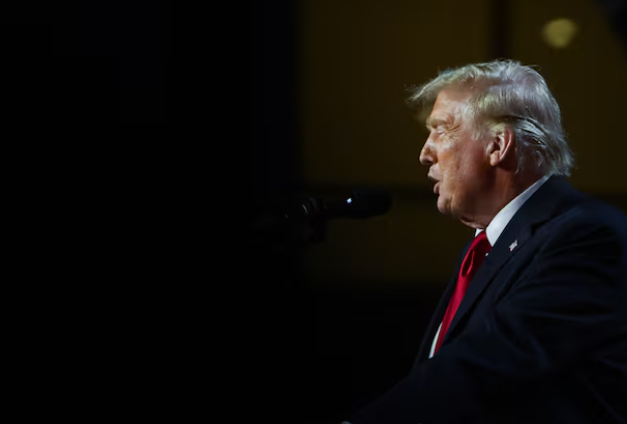The United States has officially removed Mali from its contentious visa-bond program, ending a tense standoff that showcased Africa’s growing confidence in asserting sovereignty on the global stage.
The October 23, 2025 decision followed Mali’s bold move to impose a reciprocal $10,000 visa bond on U.S. citizens — a defiant act that sent a clear message to Washington: Africa will no longer play by one-sided rules.
The program, rooted in Section 221(g)(3) of the U.S. Immigration and Nationality Act, required visitors from select nations to post refundable bonds of up to $15,000 to secure short-term visas. Introduced to curb high visa overstay rates, it quickly drew condemnation across Africa as discriminatory, economically exclusionary, and emblematic of lingering postcolonial power imbalances.

A Diplomatic Turning Point
For Mali, the move wasn’t just about travel policy. It was about dignity and reciprocity. Within days of being added to the U.S. visa-bond list in early October, the Malian Ministry of Foreign Affairs announced that American travelers would face the same financial requirement.
“Mali’s retaliation worked,” said immigration attorney Akua O. Aboagye of AK Poku Law, in a commentary posted online. “They matched U.S. policy with their own and stood firm. That sent a clear signal — and Washington blinked first.”
The United States’ retreat highlights a growing recognition of Africa’s geopolitical leverage, particularly as nations across the continent begin crafting coordinated responses to Western migration and trade policies.
While six African countries — Mauritania, São Tomé and Príncipe, Tanzania, The Gambia, Malawi, and Zambia — remain subject to the U.S. visa-bond rule, Mali’s removal marks an important diplomatic precedent that could embolden others to follow suit.
Africa’s Evolving Diplomatic Identity
Mali’s firm stance is being celebrated across Africa as a symbol of modern diplomacy, one rooted in equality rather than dependency.
“Once upon a time, African states would issue statements of protest,” said a policy observer in Bamako. “Now they’re responding with policies of their own. This was more than a migration dispute — it was a statement of equality.”
The episode also underscores the shifting balance of power in international law and diplomacy. African countries, long subjected to restrictive visa and trade regimes, are increasingly using the tools of reciprocity and international law to level the playing field.
In July 2025, U.S. Deputy Assistant Secretary William B. Stevens visited Bamako to discuss economic and security cooperation — a sign that Washington was already recalibrating relations with Mali following years of tension over governance, migration, and sanctions.
A Broader Message to the West
The Mali–U.S. episode is more than a bilateral success story; it’s a case study in legal reciprocity and diplomatic strategy. By mirroring U.S. policy, Mali exposed the underlying inequities of the visa-bond program and forced a reevaluation rooted not in charity, but in respect.
Legal experts suggest the move could prompt broader reform in Western migration frameworks, many of which have been criticized for imposing blanket restrictions on African nations while promoting open access for Western travelers.
For Africa, the message is clear: diplomatic parity is not negotiable.
And for Washington, Mali’s defiance offers a reminder that in a multipolar world, even smaller nations can command respect when they stand firm on principle.
As Aboagye put it:
“We’re definitely feeling Mali’s energy and diplomatic vibe on this one. Sometimes, standing up for yourself changes the entire conversation.”

